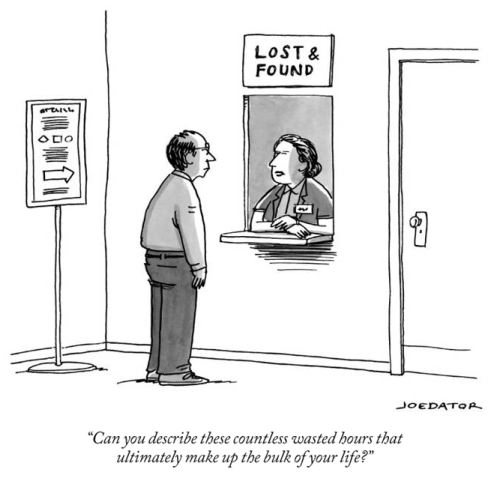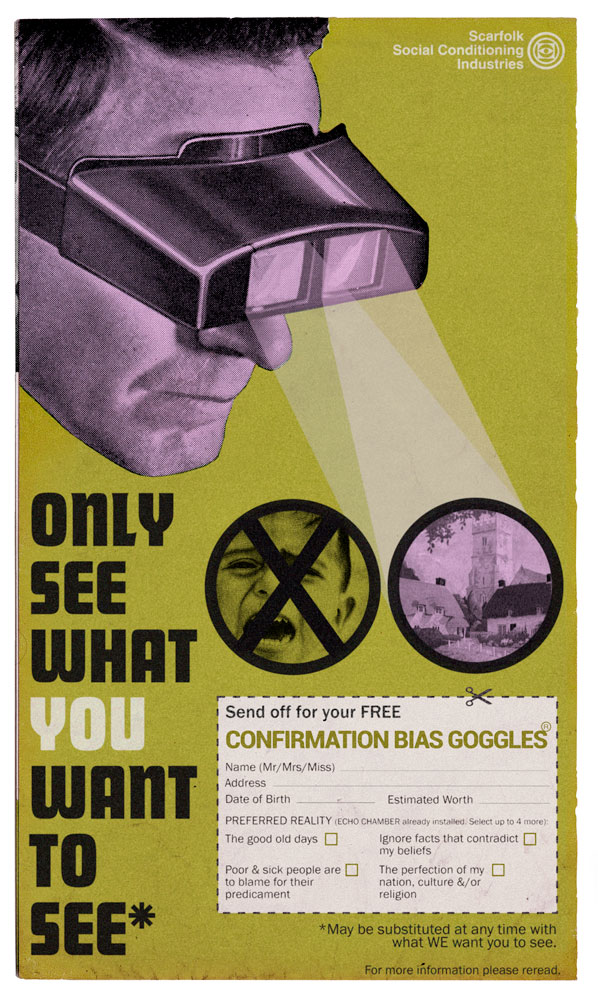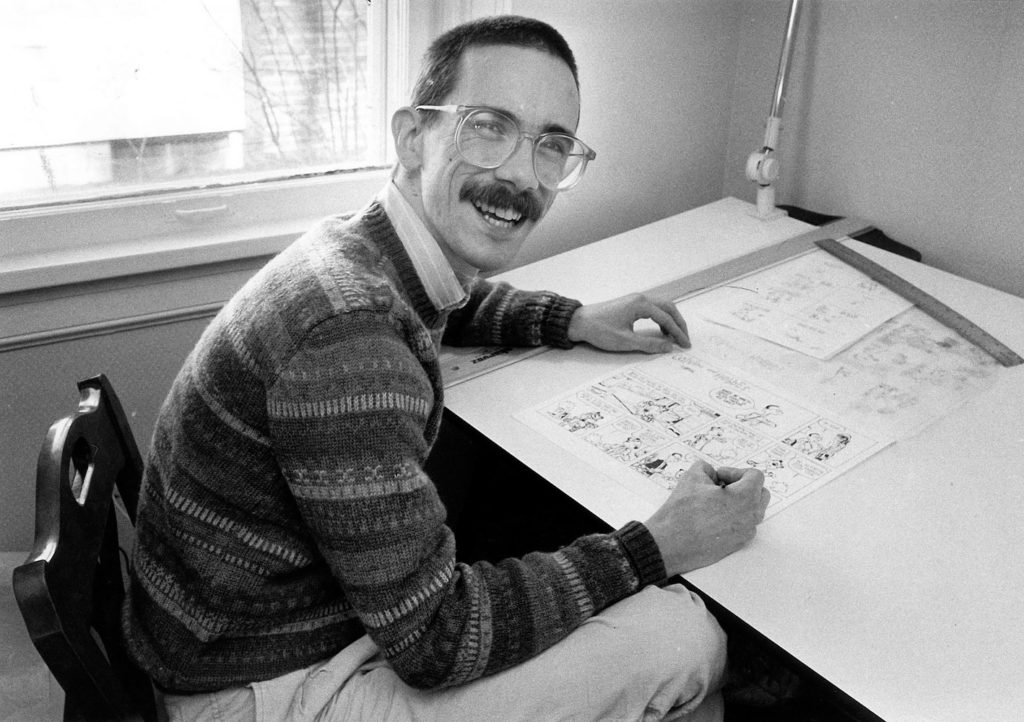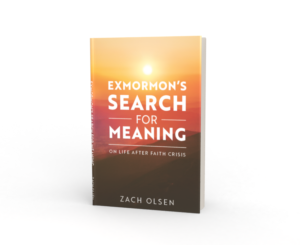
There’s an antidote to many of life’s problems that you may not realize you already have at your disposal. It can reduce anxiety and depression. It can transform your experience with pain & other difficulties. It costs no money. It’s available to everyone at any time. What is this wonder drug?
It’s reality.
Step one: come to terms with the fact that you rarely perceive reality as it is.
Perhaps you’re thinking that reality is the source of your problems, not the cure. But there is a big difference between reality, and your perception of reality. Our brains come equipped with many biases to assure ourselves that we know what’s going on even when we don’t.
In an article in Vox, “Intellectual humility: the importance of knowing you might be wrong” Brian Resnick, explains,
“Much as we might tell ourselves our experience of the world is the truth, our reality will always be an interpretation. Light enters our eyes, sound waves enter our ears, chemicals waft into our noses, and it’s up to our brains to make a guess about what it all is.”
This overconfidence in perceiving reality is not always necessarily bad. It helps us set goals and work towards them even when the odds are stacked against us. This sense of understanding feels good. Voltaire is quoted saying,
Illusion is the first of all pleasures.
But this pleasure comes at a price. There are forces at play within us that we can be unaware of that cause unnecessary pain. Rarely do we experience an event itself, but an invented story about the event. Such stories can treat a fleeting state of mind as if it were our entire and permanent self. Over time irrational thoughts and beliefs are unknowingly reinforced and lead to patterns of thought that drive negative experiences and lead to mental health disorders.
Step two: become aware of thoughts and see them for what they really are.
Cognitive Behavioral Therapy teaches that all thoughts should be treated as hypotheses – we don’t assume thoughts are true unless there is compelling evidence to support them. Thoughts need to be put on trial and we need to second guess what our brains are telling us.
Author Robert Greene explains,
…only by throwing some light on yourself and realizing that these qualities, these flaws that are built into us, they are inside you too. Only then can you begin to overcome them and use them for productive purposes.
Question, question, question. Don’t assume that the reason that you feel something, and that it’s right just because you feel it. And in that kind of process, you will become rational, you’ll become somebody who can use empathy, you will have the ability to judge people properly and accept them for who they are as opposed to continually moralizing, wishing people were something that they’re not.
You’ll have a much smoother path through life, and you’ll be much calmer and more peaceful without all that emotional baggage that drags you down. But it starts with looking inward and questioning yourself and not assuming that everything you feel or think is right.
To practice this skill of questioning, CBT practitioners use worksheets like the “Dysfunctional Thought Record,” which asks the user to write down a situation where they had an intense emotion. Then they are to think about which automatic thoughts led to that emotion, identify the distortions that those thoughts contain and then reassess how much they really believe in those thoughts. In the end, the initial emotion is reevaluated — usually leading to a decrease in intensity.
Yuval Noah Harari, author of Sapiens, has said more than once that the reason he meditates is to answer the question:
“What is reality? What is really happening? To be able to tell the difference between the stories that the mind keeps generating about the world, about myself, about everything and the actual reality.”
Meditation is essentially training our attention so that we can become more aware. It allows us to recognize the authenticity of thoughts and emotions and not be overwhelmed by them. Mindful meditation allows you to practice observing a thought, or a worry, and interrupt it before it spirals out of control and causes you to anxiously dwell on it.
One way it does this, similar to CBT, is called Mental Noting. Mental Noting is the practice of using a simple “note” to give a name to what you are experiencing. It does not involve analysis or judgment. It’s simply to give your current experience a one-word label — ‘seeing’, ‘touching’, ‘feeling’, ‘thinking’ etc. The goal is that with enough practice in mental noting while meditating, it can become second nature with any experience in day-to-day life.
Steven Johnson, in his book “Farsighted: How We Make the Decisions That Matter the Most,” writes, “The Novel is an empathy machine.”
He explains that,
“We can imagine all sorts of half-truths and hypotheticals: what-she-will-think-if-this-happens, what-he-thinks-I’m-feeling. Reading literary novels trains the mind for that kind of analysis. You can’t run a thousand parallel simulations in our life but you can read a thousand novels over the course of that life…It’s true that the stories that unfold in those novels do not directly mirror the stories in our own lives…But the point of reading this kind of literary fiction is not to acquire ready-made formula for our own choices. [What it] does teach you to do is see the situations with…a keen vision and feeling.”
In other words, reading helps us practice feeling emotions. We can observe the antagonist’s choices and feel what they feel and practice recognizing the thinking distortions the antagonist has before they do. Heroes usually carry some deeply painful event that they believe has been resolved or overcome, but which is still affecting their behavior. Screenwriter Michael Hauge calls this the hero’s “wound”. We the audience can feel the character’s wound by proxy and experience the character’s attempts to be effective while trying to not admit that the wound exists – just like we do in real life. So when the hero embarks on a journey (the plot), they are forced to confront their wound and we get practice in doing the same — ideally leading us to confront our own personal thought distortions.
We all have stories we’ve told ourselves that limit our potential and cause undue pain. Use all opportunities to practice challenging your negative thoughts with frequent reality testing: meditation, cognitive therapy or by consuming fiction. Don’t believe lies.














